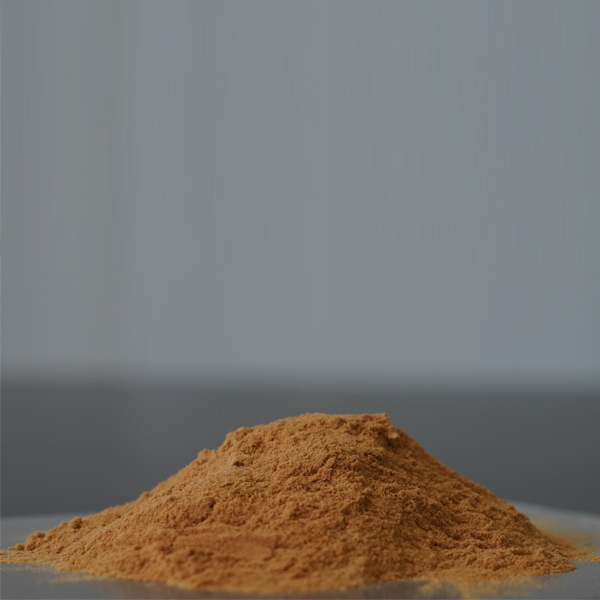
News
Авг . 29, 2024 10:49 Back to list
Essential Micronutrients for Plant Growth
Micronutrients are essential elements that plants require in small quantities for their growth and development. Unlike macronutrients, which include nitrogen, phosphorus, and potassium, micronutrients play crucial roles in various physiological and biochemical processes. Although needed in tiny amounts, they are vital for plant health and can significantly influence crop productivity and quality.
The critical micronutrients for plants include iron, manganese, zinc, copper, molybdenum, boron, and chlorine. Each of these elements has specific functions
1. Iron (Fe) Essential for chlorophyll production, iron helps in the formation of various enzymes involved in photosynthesis and respiration. A deficiency can lead to chlorosis, characterized by yellowing leaves.
2. Manganese (Mn) This nutrient plays a vital role in photosynthesis, particularly in the oxygen-evolving process. It is also involved in the metabolism of nitrogen and carbohydrate synthesis.
3. Zinc (Zn) Zinc is crucial for enzyme function and is involved in the synthesis of proteins. It also plays a role in the regulation of plant hormones and affects the plant's overall growth. A deficiency can lead to stunted growth and leaf discoloration.
list of micronutrients for plants

4. Copper (Cu) Copper is involved in photosynthesis, respiration, and the metabolism of carbohydrates and proteins. As a catalyst for various enzymatic reactions, it is vital for maintaining plant health.
5. Molybdenum (Mo) This micronutrient is essential for nitrogen fixation in legumes and helps in the conversion of nitrates into amino acids. It plays a key role in nitrogen metabolism and is important for overall plant growth.
6. Boron (B) Boron is critical for cell wall formation and stability. It also influences the movement of sugars and minerals within the plant and is essential for reproductive health, affecting pollen viability and seed development.
7. Chlorine (Cl) Although often overlooked, chlorine is important for photosynthetic processes and helps in osmoregulation and the maintenance of cell turgor.
Deficiencies in any of these micronutrients can lead to various plant disorders, making it crucial for farmers and gardeners to monitor soil quality and ensure balanced fertilization. Soil tests can help identify micronutrient levels, allowing growers to apply the necessary fertilizers to enhance plant health and promote optimal growth. By understanding and managing micronutrient availability, we can improve agricultural productivity and ensure sustainable food production.
-
Polyaspartic Acid Salts in Agricultural Fertilizers: A Sustainable Solution
NewsJul.21,2025
-
OEM Chelating Agent Preservative Supplier & Manufacturer High-Quality Customized Solutions
NewsJul.08,2025
-
OEM Potassium Chelating Agent Manufacturer - Custom Potassium Oxalate & Citrate Solutions
NewsJul.08,2025
-
OEM Pentasodium DTPA Chelating Agent Supplier & Manufacturer High Purity & Cost-Effective Solutions
NewsJul.08,2025
-
High-Efficiency Chelated Trace Elements Fertilizer Bulk Supplier & Manufacturer Quotes
NewsJul.07,2025
-
High Quality K Formation for a Chelating Agent – Reliable Manufacturer & Supplier
NewsJul.07,2025
